Asteroid Impact Hypothesis: Science Or Speculation?

Introduction
Asteroid impact is a fascinating topic that intrigues researchers and amateurs alike. The idea of a massive asteroid hitting the Earth is daunting, as it brings forth images of mass extinction events, tsunamis, and earthquakes. However, the question remains, is the asteroid impact hypothesis based on science or speculation?
What is the Asteroid Impact Hypothesis?
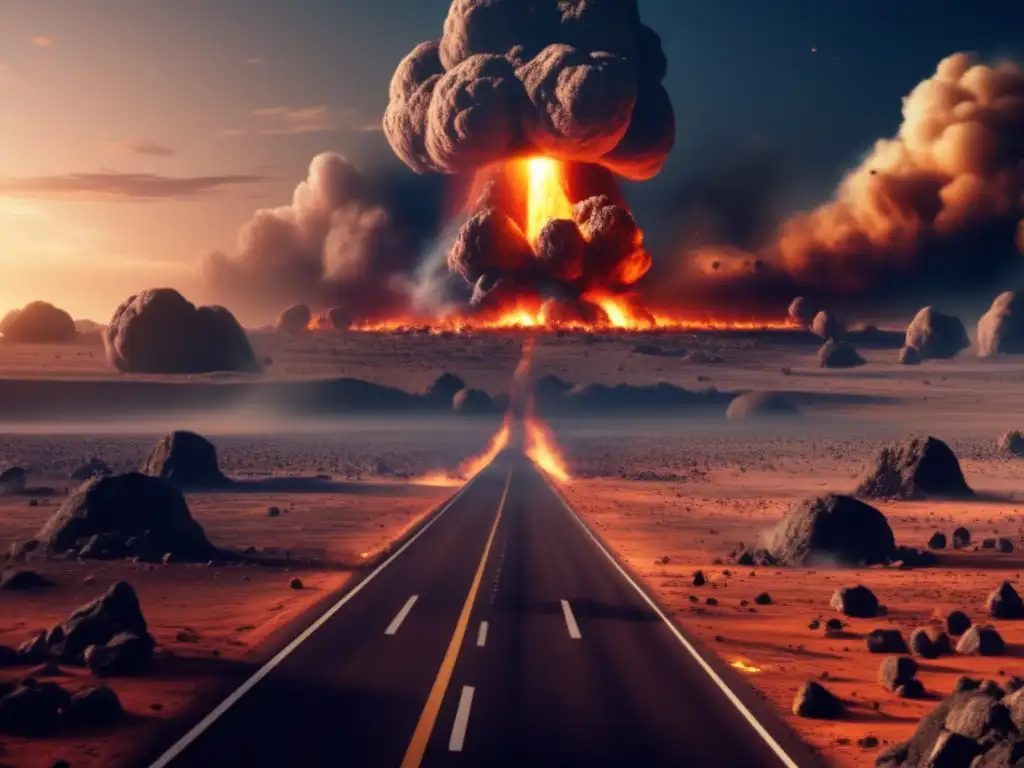
The Mechanics of an Asteroid Impact
When an asteroid enters the Earth's atmosphere, it starts to burn up due to friction, creating a brilliant fireball in the sky. If it survives the entry, it will impact the Earth's surface, causing a massive explosion and sending ejecta material into the atmosphere. This material causes a chain reaction that leads to atmospheric disruption, global cooling, and potential mass extinction events.
Evidence Supporting the Asteroid Impact Hypothesis
In 1980, researchers Luis and Walter Alvarez discovered a layer of iridium-rich clay, dating back 65 million years ago, which correlates with the extinction event that led to the demise of the dinosaurs. This discovery has been confirmed by multiple studies, including one conducted by the University of California, Berkeley, where researchers found microscopic diamonds characteristic of high-energy impacts.
Chicxulub Crater: The Smoking Gun
The Chicxulub crater, located in the Gulf of Mexico, is believed to be the result of an asteroid that struck the Earth about 66 million years ago. The crater is about 150 kilometers wide and 20 kilometers deep, indicating the asteroid's size was around 10 kilometers wide. This impact likely caused the extinction of 75% of all life on Earth, including the dinosaurs.
Critics of the Asteroid Impact Hypothesis
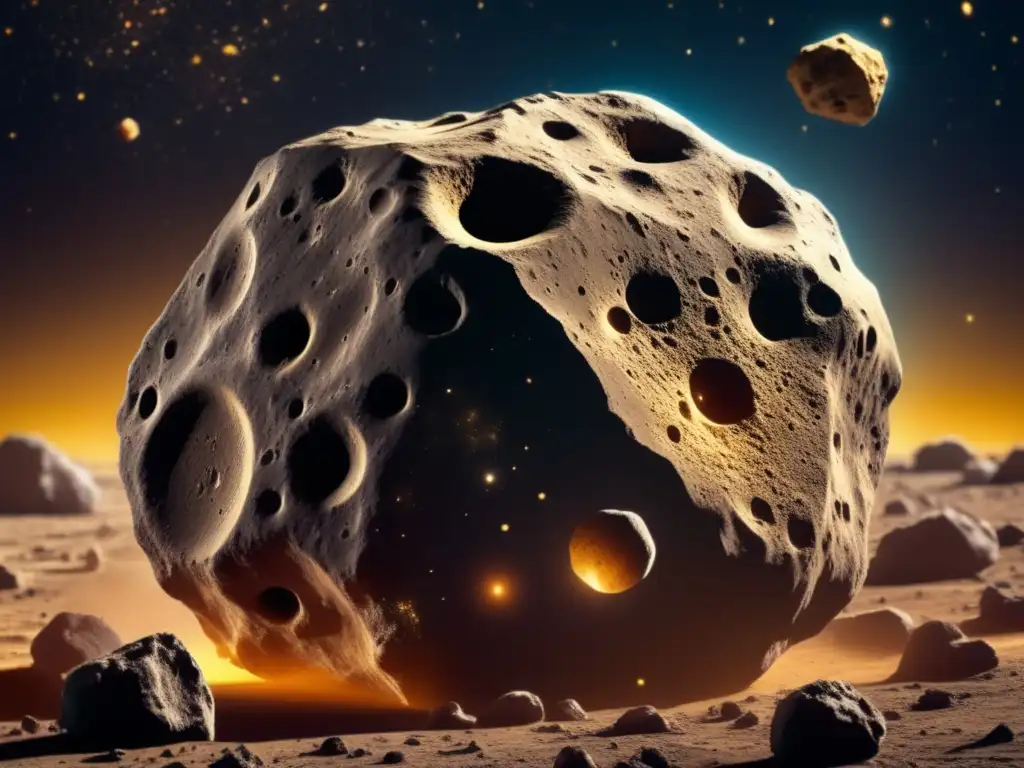
The Volcanic Eruptions Theory
Some scientists argue that the extinction event that led to the demise of the dinosaurs was not caused by an asteroid impact but by volcanic eruptions. These eruptions produced massive amounts of ash and toxic gases, leading to global cooling and mass extinctions. One example of a large-scale volcanic eruption is the Deccan Traps in India, which erupted around the same time as the dinosaur extinction event.
Other Theories
Other theories suggest that multiple factors contributed to the extinction event, such as climate change, disease, and reduced food sources. However, the asteroid impact hypothesis remains the most widely accepted theory among researchers.
How Can We Prepare for an Asteroid Impact?
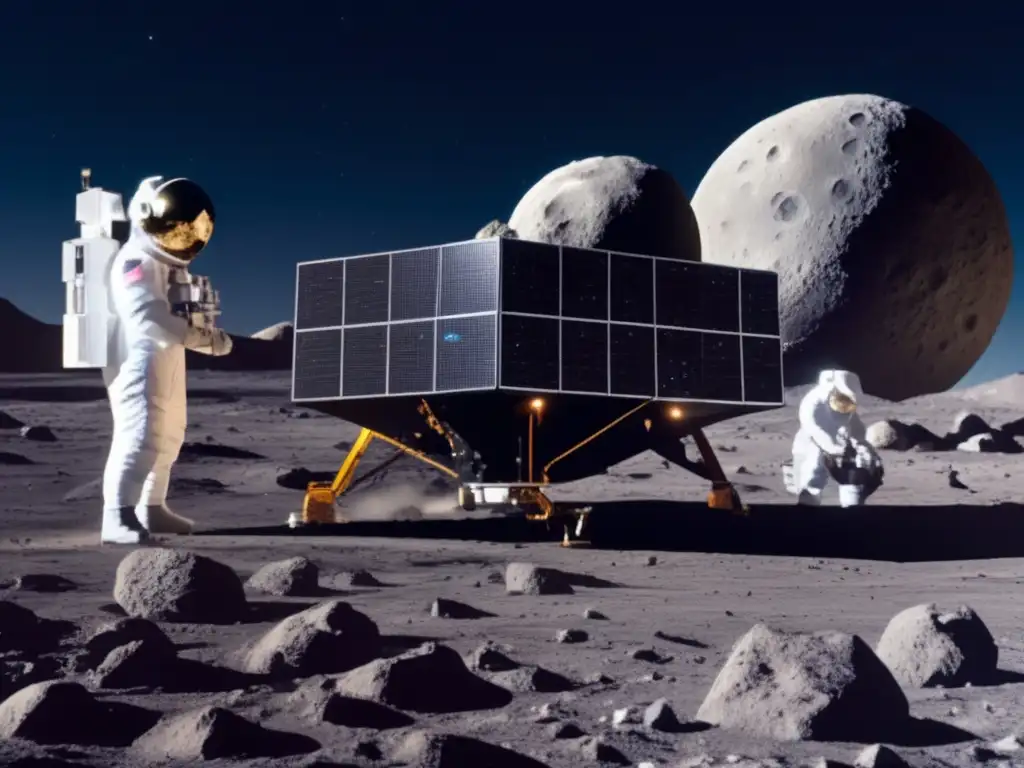
NASA's Planetary Defense Coordination Office (PDCO)
The PDCO is responsible for detecting, tracking, and characterizing potentially hazardous asteroids (PHAs) that could pose a threat to Earth. The office also coordinates with international partners to develop mitigation plans if an impact threat is identified. Additionally, NASA is working on developing various technologies to deflect an incoming asteroid, such as the Double Asteroid Redirection Test (DART) mission, scheduled for 2021.
Public Awareness and Education
Public awareness and education are crucial components of asteroid impact preparation. Governments, organizations, and individuals need to be aware of the potential risk and preparedness measures in case of an impact. The more knowledge we have about asteroids and their impact potential, the better prepared we will be.
Frequently Asked Questions
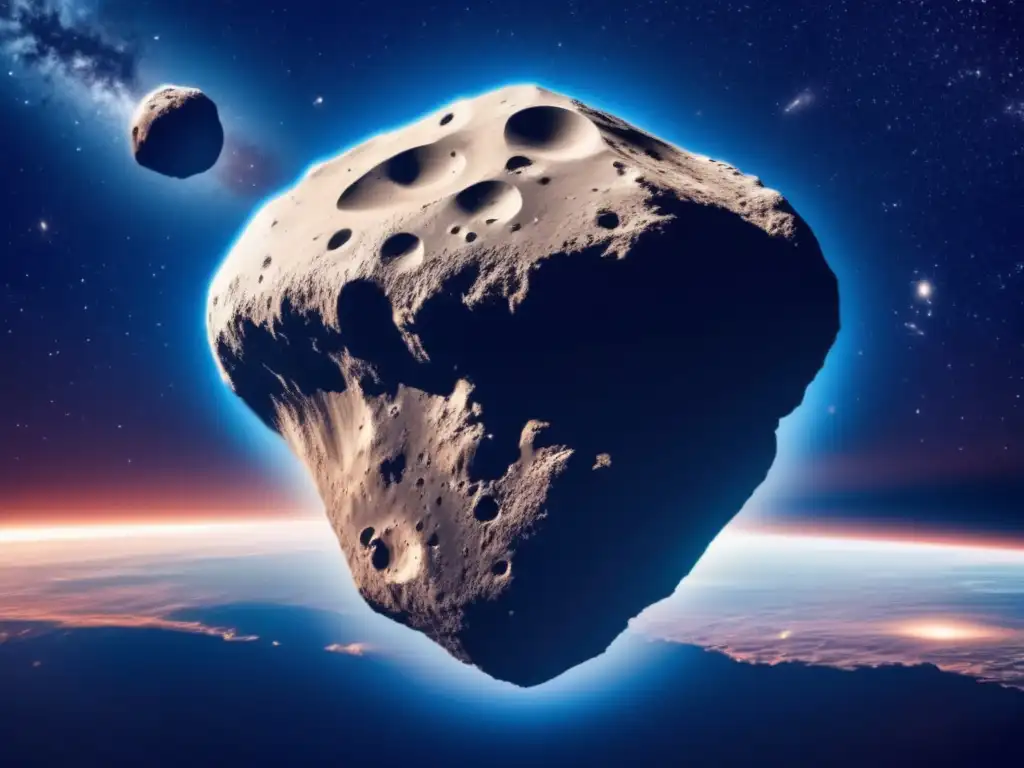
-
Can an asteroid impact cause mass extinction events?
Yes, asteroid impacts have been linked to mass extinction events, such as the dinosaur extinction event, which occurred about 66 million years ago.
-
How can we detect and track potentially hazardous asteroids?
NASA's Planetary Defense Coordination Office (PDCO) is responsible for detecting, tracking, and characterizing PHAs that could pose a threat to Earth.
-
What are some mitigation plans for an asteroid impact?
NASA is working on developing various technologies to deflect an incoming asteroid. Additionally, public awareness and education are crucial components of asteroid impact preparation.
-
Are all extinction events caused by asteroid impacts?
No, not all extinction events are caused by asteroid impacts. Other factors, such as climate change, volcanic eruptions, disease, and reduced food sources, have also contributed to mass extinctions throughout history.
-
How can individuals prepare for an asteroid impact?
Individuals can stay informed and educated about the potential risk of asteroid impacts and preparedness measures in case of an impact.
Conclusion
The asteroid impact hypothesis is not speculation; it is a scientifically backed theory supported by evidence from multiple studies. While the possibility of an asteroid impact is daunting, we can take measures to prepare and mitigate its potential effects. Public and individual awareness and education are critical components of asteroid impact preparation, and we should remain proactive in our efforts to understand and address this potential threat.
Remember, sharing knowledge and starting discussions can help raise awareness and promote action. Leave your thoughts and comments on www.asteroidrealm.com, and join us in our quest for a deeper understanding of the fascinating world of asteroids.
Additional Resources
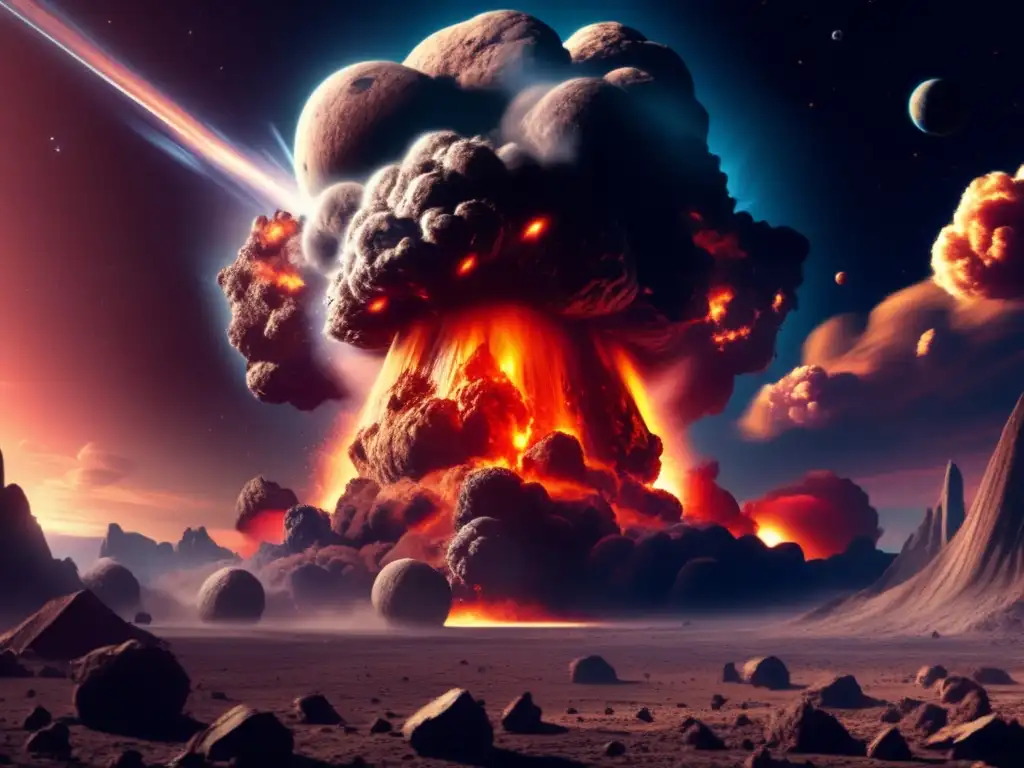
For more information on asteroid impacts and related topics, check out these resources:
- NASA's Planetary Defense Coordination Office (PDCO)
- CNN article on Double Asteroid Redirection Test (DART) mission
- Live Science article on dinosaur extinction event
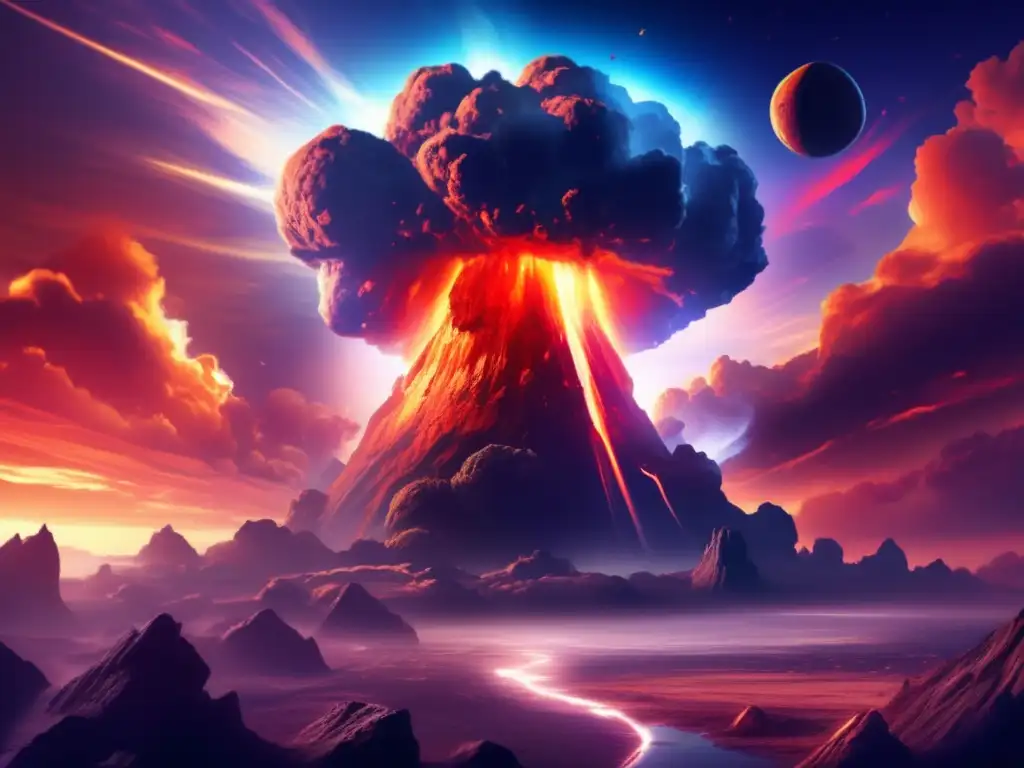 Asteroids And Climate Change: A Complex Connection
Asteroids And Climate Change: A Complex Connection Tektites And Impact Glass: The Tell-tale Signs Of Asteroid Strikes
Tektites And Impact Glass: The Tell-tale Signs Of Asteroid Strikes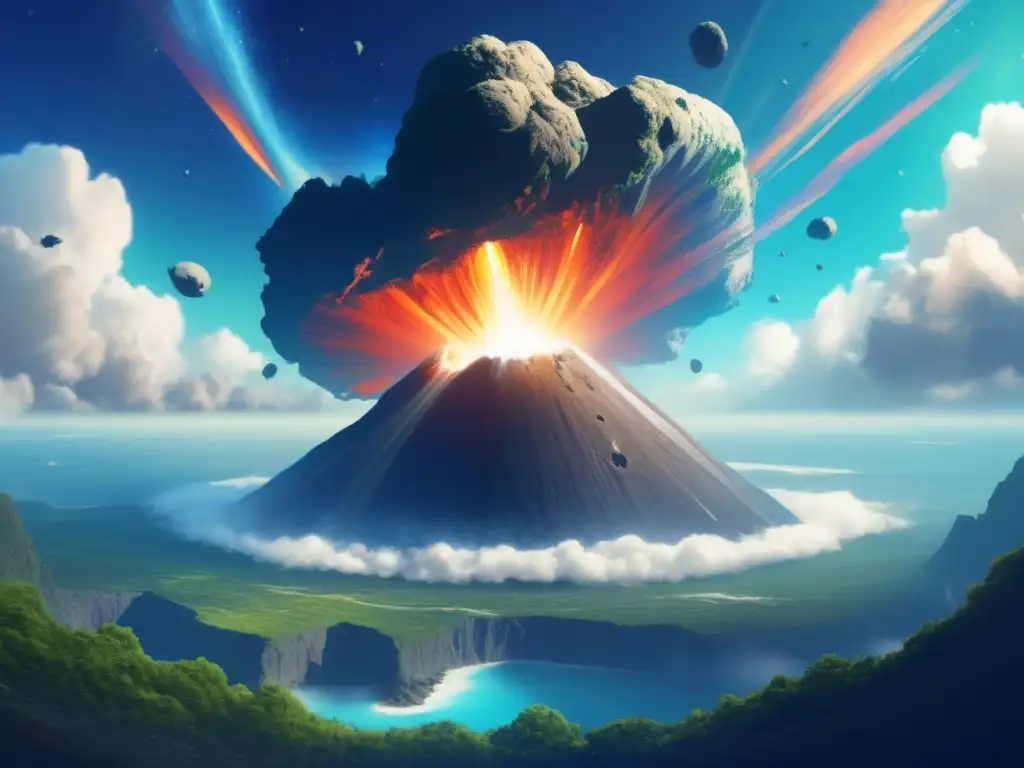 The Threat From Outer Space: Understanding Asteroid Impact Risk
The Threat From Outer Space: Understanding Asteroid Impact RiskIf you want to discover more articles similar to Asteroid Impact Hypothesis: Science Or Speculation?, you can visit the Asteroid Impacts category.
Leave a Reply

Articulos relacionados: